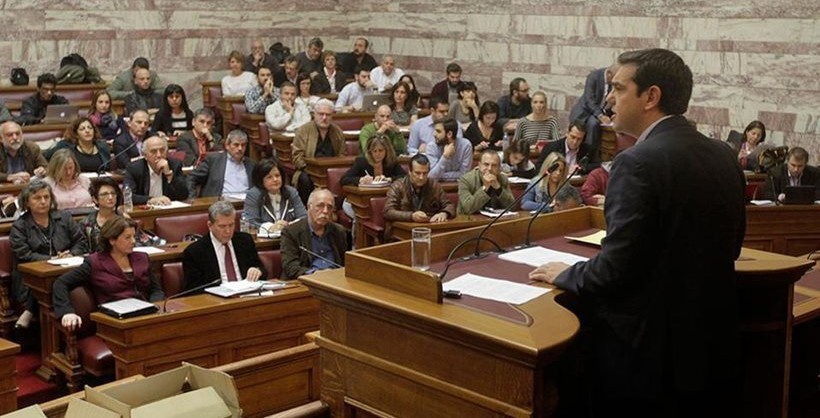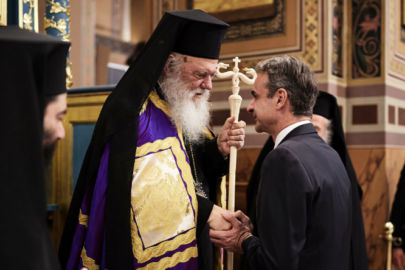Political developments in crisis-plagued and still bailout-dependent Greece continued on Tuesday, given that snap elections are now foreseen for late September, or at the latest, in the first week of October.
Main opposition New Democracy spokesman Costas Karagounis ruled out the possibility of post-election cooperation with radical leftist, saying that party leader Alexis Tsipras lacks a “reform mentality”.
“… They don’t believe in the reforms,” was his take.
The centrist Potami (River) party called on all political leaders to agree to a televised debate, with the format including direct back-and-forth dialogue between appearing political leaders.
“The parallel monologues of 7-8 political leaders make no sense, as each individual is merely parroting the prepared answers, which have been prepared by their aides,” a written statement noted.
Along those lines, Potami party leader Stavros Theodorakis challenged both Tsipras and main opposition leader Evangelos Meimarakis to a televised debate.
In terms of the latter, Meimarakis on Tuesday met with the leader of the newly formed
Popular Unity part, former minister Panagiotis Lafazanis. The latter urged the Greek president not to scheduled the latest Greek election before Sunday, Sept. 27.
“He (Pavlopoulos) cannot set elections before Sept. 27; it would be unacceptable and inexcusable if he did so,” Lafazanis said.
Referring to his meeting with Meimarakis, the veteran leftist lawmaker said political differences between ND and Popular Unity are too enormous to bridge.
Popular Unity, now the third largest Parliamentary group, received a mandate to form a government on Monday, an unlikely possibility.
As far as the ruling party and outgoing government are concerned, a spokeswoman said SYRIZA will soon present what she called a “parallel, realistic and adapted” program in tandem and not in conflict with the memorandum that the leftist government signed and delivered this month.
“There are commitments that we have agreed to and will support. Nevertheless, we have a parallel program that we believe will counter-balance the harshest repercussions, especially for the weakest,” Olga Gerovassili told a radio program.
Lafazanis wants election after Sept. 27; Potami party challenges for debate
…while ruling (and outgoing) SYRIZA promises program to ‘counter-balance’ repercussions from memorandum it passed





































